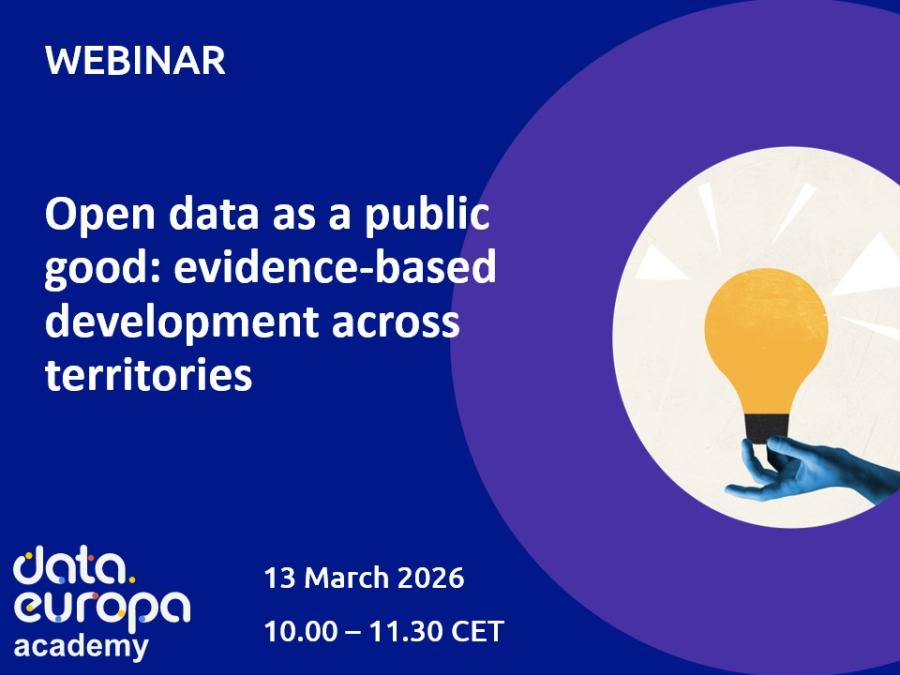Ungarn

Blogs aus: Ungarn
Derzeit gibt es keine Blog-Artikel.
Use cases in: Ungarn
K-monitor is an NGO that fights corruption and promotes transparency in Hungary. The company challenges social indifference to corruption in the country. The company creates tools and databases to make public expenses trackable and decision makers accountable.
K-monitor is an NGO that fights corruption and promotes transparency in Hungary. The company challenges social indifference to corruption in the country. The company creates tools and databases to make public expenses trackable and decision makers accountable.
Otthontérképis a map-based database of real estate for sale or to rent.
Berichte in: Ungarn

Veranstaltungen zu offenen Daten in: Ungarn

Derzeit gibt es keine bevorstehenden Veranstaltungen.
Open Data News in: Ungarn






